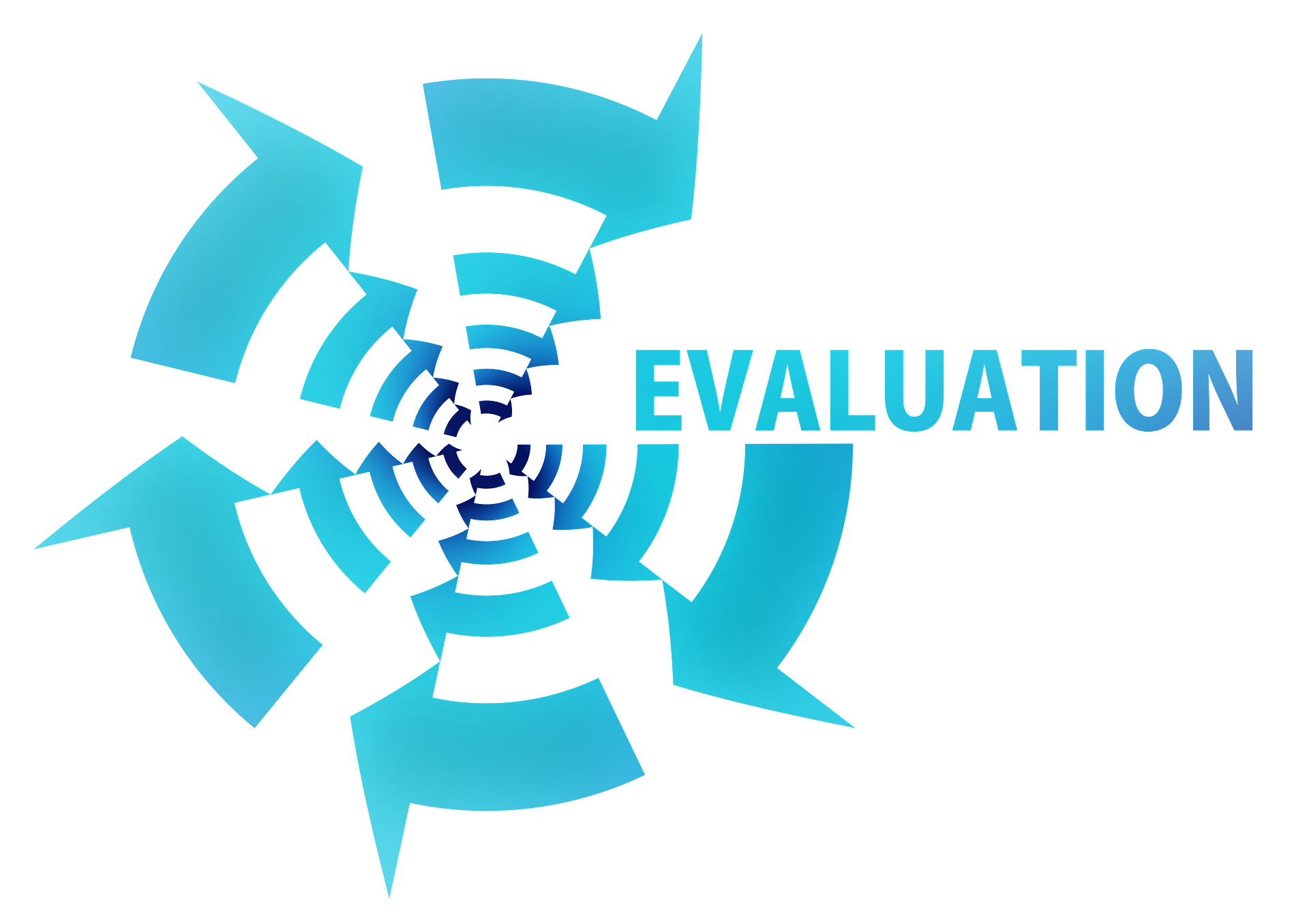
How career practitioners can assess themselves
June 5, 2019
The role of assessment in guided career intervention
June 5, 2019While qualitative assessments can serve as fun and interesting activities, they should still be held to the same standards as their quantitative counterparts
Mary McMahon and Mark Watson
Career assessment has a long history in career development, dating back to the time of Frank Parsons’ (1909) work in the early 20th century. The purpose of career assessment is to assist clients with career exploration and self-exploration. Since Parsons’ time, career assessment has progressed in two strands that are distinct and divergent, despite their potential complementarity (Bright & Pryor, 2007; Brott, 2004). The first strand is statistically based quantitative career assessment, which has dominated career development practice and is evident in the many assessment instruments and inventories that assess personal traits. The second strand, qualitative career assessment (also evident in Parsons’ work), has largely lived in the shadows of its quantitative counterpart. Described as informal, flexible, open-ended, holistic, non-statistical and non-standardized (McMahon, Watson & Lee, 2019; Okocha, 1998; Palladino Schultheiss, 2005), qualitative career assessment is eminently compatible with the recent trend toward narrative career counselling because of its focus on storytelling and meaning making (Savickas, 2000). Despite a long history and the publication of the first book to specifically focus on qualitative career assessment (McMahon & Watson, 2015), it still faces the challenges of not being well understood and its development being widely regarded as less rigorous than quantitative career assessment. With these two challenges in mind, this article overviews qualitative career assessment and presents suggestions for its development and use.
The qualitative career assessment dilemma
Most career development practitioners can name card sorts, genograms and lifelines as examples of qualitative career assessment instruments. Fewer, however, can provide a succinct explanation of qualitative career assessment. Similarly, the career literature reveals inconsistent terminology related to qualitative career assessment (e.g. qualitative approach, qualitative measure, creative approach; informal assessment; “idiographic tools” [Brott, 2015, p. 32]) and a range of explanations as to what exactly it is (Gysbers, 2006; McMahon, in press; McMahon et al., 2019; Stebleton, 2007). This lack of definitional clarity poses a great challenge to qualitative career assessment and suggests the need for a consistent common definition. In a recent review, McMahon et al. (2019, p. 430) drew on a synthesis of definitions to offer a description of qualitative career assessment as “a structured qualitative instrument, technique or process that facilitates participant reflection” and advocated for more consistent use of the term qualitative career assessment rather than “catchy” synonyms.
Key features of qualitative career assessment instruments
A seeming lack of rigour is another challenge facing qualitative career assessment. While career practitioners may develop their own qualitative career assessment instruments, they should have a broader purpose than serving as fun and interesting activities to engage clients. McMahon, Patton, and Watson (2003) proposed suggestions for developing qualitative career assessment and outline steps in the development process as well as provide key features of qualitative career assessment instruments.
“Qualitative career assessment stimulates storytelling, and in doing so, facilitates learning about oneself through self-reflection and enhanced self-awareness.”
At the most fundamental level, qualitative career assessment needs a theoretical foundation. Theory guides practice and should influence the content and process of any assessment instrument. A set of clear, step-by-step instructions for clients should be a key feature of every qualitative assessment. These can help guide clients through a logical, sequential process of completing the assessment while simultaneously allowing flexibility for some clients. They also ensure that qualitative career assessment instruments can be completed in a reasonable timeframe, that they are holistic and that they include a debriefing process as a concluding step so that learning and meaning can be elicited. The step-by-step and debriefing processes encourage collaboration and co-operation between career practitioners and clients. For example, My System of Career Influences (McMahon, Patton & Watson, 2017; McMahon, Watson, & Patton, 2013) guides users through a structured process in a booklet format and the Motivated Skills Card Sort (Knowdell, 2005) provides a set of step by step instructions for users.
An essential step in developing qualitative career assessment is rigorously testing it. Testing will determine if it works and for whom, what benefits users derive from it and glitches that need to be overcome. To ensure rigour in evaluating qualitative career assessments, career practitioners and researchers should:
- underpin their research with a theoretical framework;
- consider the research sample;
- use culturally valid research methods;
- apply appropriate criteria for reliability and validity or trustworthiness; and
- consider ethical issues (McMahon et al., 2019).
Documenting these points in written reports of the research for publication will enhance rigour.
Qualitative assessments in practice
So, what exactly does qualitative career assessment mean for career counselling? Qualitative career assessment complements narrative career counselling because both share similar philosophical and theoretical bases, actively involve clients in the process and encourage reflection (Brott, 2004; Savickas, 2000). Qualitative career assessment stimulates storytelling, and in doing so, facilitates learning about oneself through self-reflection and enhanced self-awareness. For career practitioners, the use of qualitative career assessment in their practice will mean placing greater emphasis on the practitioner-client relationship and collaborative engagement with clients in the selection, administration and interpretation of assessment (McMahon, in press). The use of qualitative career assessment may be negotiated with clients which encourages client agency in the career counselling process. Consequently, career practitioners are required to relinquish “expert” status and embrace curiosity, inquiry, listening and observation (McMahon, in press).
For some career practitioners, using qualitative career assessment may be daunting. However, some simple guidelines are available (McMahon & Patton, 2002).
- Consider the client’s needs and the information gathered from the stories they have told.
- In view of this background, if appropriate, identify a qualitative career assessment instrument that may be helpful to the client. Explain how the assessment works and why you think it will be helpful to them.
- Ask the client if they wish to participate and respect their decision.
- Work collaboratively through the qualitative career assessment with the client and support them.
- At the conclusion of the qualitative career assessment, debrief the process with the client to elicit learning and meaning and seek feedback from them.
By following these simple steps, the use and type of qualitative career assessment will be determined on the basis of client need rather than career practitioner preference.
Concluding thoughts
Qualitative career assessment has a lot to offer career practitioners and clients. So does quantitative career assessment. In no way does this article suggest that one is better than the other. They are different and used for different purposes, although they can be used in complementary ways. In view of the trend toward narrative career counselling, qualitative career assessment is well positioned to strengthen its position. Practitioners and researchers are reminded, however, that to do so may require the use of consistent terminology and also demonstrated rigour in research and practice.
Dr Mary McMahon is an Honorary Senior Lecturer in the School of Education at The University of Queensland, Brisbane, Australia. She has researched and written extensively about qualitative career assessment and is a co-editor of the first book on qualitative career assessment.
Professor Mark Watson is an Honorary Professor at The University of Queensland, Brisbane, Australia, and a former Distinguished Professor at the Nelson Mandela University, Port Elizabeth, South Africa. He researches and writes in the field of career psychology and is a co-editor of a book on qualitative career assessment.
References
Bright, J. E. H., & Pryor, R. G. L. (2007). Chaotic careers assessment: How constructivist and psychometric techniques can be integrated into work and life decision making. Career Planning and Adult Development Journal, 23(2), 46-56.
Brott, P. E., (2004). Constructivist assessment in career counseling. Journal of Career Development, 30(3), 189-200
Gysbers, N. C. (2006). Using qualitative career assessments in career counselling with adults. International Journal for Educational and Vocational Guidance, 6, 95-108.
Knowdell, R. L. (2005). Motivated Skills Card Sort. San Jose, CA: Career Research and Testing.
McMahon, M. (In press). Qualitative career assessment: A higher profile in the 21st century? In J. Athanasou & H. Perera (Eds.), International handbook of career guidance (2nd ed.).
McMahon, M., & Patton, W. (2002). Using qualitative assessment in career counselling. International Journal of Educational and Vocational Guidance, 2(1), 51-66.
McMahon, M., Patton, W., & Watson, M. (2003). Developing qualitative career assessment processes. The Career Development Quarterly, 51, 194-202.
McMahon, M., Patton, W., & Watson, M. (2017). The My System of Career Influences (MSCI – Adolescent): Reflecting on my career decisions. Brisbane, Australia: Australian Academic Press.
McMahon, M., & Watson, M. (2015). Career Assessment: Qualitative approaches. Rotterdam, The Netherlands: Sense.
McMahon, M., Watson, M., & Lee, M. C. Y. (2019). Qualitative career assessment: A review and reconsideration. Journal of Vocational Behavior, 110 Part B, 420-432.
McMahon, M., Watson, M., & Patton, W. (2013). The My System of Career Influences Adult Version (MSCI Adult): A reflection process. Brisbane, Australia: Australian Academic Press.
Okocha, A. A. G. (1998). Using qualitative appraisal strategies in career counseling. Journal of Employment Counseling, 35, 151-159.
Palladino Schultheiss, D. E. (2005). Qualitative relational career assessment: A constructivist paradigm. Journal of Career Assessment, 13, 151-159.
Parsons, F. (1909). Choosing a vocation. Boston, MA: Houghton Mifflin.
Savickas, M. L. (2000). Renovating the psychology of careers for the twenty-first century. In A. S. Collin & R. Young (Eds.), The future of career (pp. 53-68). Cambridge, UK: Cambridge University Press.
Stebleton, M. (2007). Career counseling With African immigrant college students: Theoretical approaches and implications for practice. The Career Development Quarterly, 55(4), 290-312.


